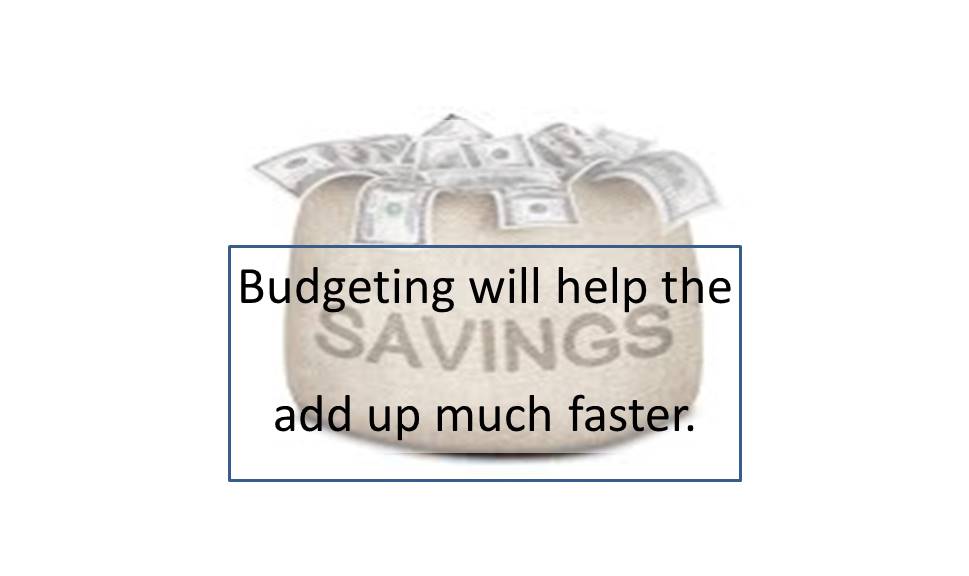What Are The Best Money Saving Tips?
For those who are still having financial difficulty, you may think this is an inappropriate time to converse about saving money. It has been a distraught time for many people who are having a really hard time at making sufficient income to live on, with none left to save.
However, this article might come in handy for those who are just getting back to work or will soon on how to prepare to save their money for the future.
Even when you think you do not have sufficient income to start saving…a few dollars here and there can help in the future.
Starting From Scratch
When you’re trying to save money, there are a lot of mistakes you can unknowingly make which could hinder your progress. It’s hard enough to save money, especially if you’re on a low income. So, if you want to ensure you’re saving correctly and getting the most from your hard-earned cash, there are a few things you’re going to want to avoid.
Here Are Some Of The Common Money-Saving Mistakes
Not Setting Up Automatic Savings
When you first plan to save money, your motivation ensures that you keep making regular payments into your account. However, after a while, it’s easy to fall into the “I’ll save double next month” trap.
There will always be reasons to put off saving. Whether it’s an unexpected bill or you want the occasional treat, you’ll always find something else to spend your savings on. It’s common to view savings as a luxury more than a necessity.
So, to make sure you stick to your savings plan, it’s important to set up automatic savings. That way, the savings will be taken automatically from your account before you’ve had a chance to think about it.
No, some may not have this structure at their employer. However, you can take those first few dollars once the paycheck is received, and open a saving account that pays interest and do it until it becomes a habit. You will be amazed at how quickly twenty dollars add up.
You do not have to start with a whopping amount. Start small and increase as you are able to do. Then those funds are there for the next crisis.
Paying Off Debts Instead of Saving Money Is Better Or Is It?
While savings are undoubtedly important, it’s more important to focus on paying off any debts you currently have. Think about it. If you’re saving money but not paying off debt, you’ll be paying extra on interest payments. By paying off debts first, it enables you to use the money you would have spent on the debt to boost your savings.
However, if you can save money and pay a substantial amount toward paying off or down your debt, it can be somewhat healthy also. One must analyze which will give them the best advantage toward becoming debt-free and having something for the unexpected.
Avoid Keeping Savings in the Same Account as Earnings
A separate savings account is important to help you save more money? The trouble with keeping your savings in your personal account is that you’ll be tempted to spend them. Being human, you will forget that you can only spend a certain amount of the funds in your checking account. This does not mean that you would intentionally forget what money is for reserves, however, it is much easy to forget than to remember.
It makes it a lot more difficult to keep track of savings when there are other bills being paid, groceries bought, and miscellaneous spending that must be taken into account. It is just easier to have separate accounts for spending and saving.
Impulse Buying
Impulse buying is a major problem when you’re trying to save. If you tend to spend money on things you don’t necessarily need and you weren’t planning on buying, you may need to get your impulse spending under control.
Start asking yourself whether you really need to make the purchase. If not, place the money you would have spent into savings instead.
The above is definitely a money saving tip you need to take control of. Impulse buying can break the bank for anyone.
Placing Yourself on a Spending Ban Might Not Work Well
It might seem like a good idea to place a spending ban on yourself. However, this can actually hinder your savings progress. When you feel restricted, it can tempt you into going on a spending spree – a little like when you’re trying to stick to a diet that cuts out your favorite foods. You’re going to cheat if you feel restricted, so try not to place a strict spending ban on yourself.
Discussing The Need to Save With Spouse and Children (if applicable)
If you are married and have a family, everyone should be involved. It is important to make everyone aware of the importance of trying to save money for a time of possible hardship. If everyone is involved, it will make the process easier. It is okay to have special treat days and make it known that is part of the deal.
This is also being an example to children and can even get them started at being conservative.
I know of a young man who was adamant about saving his birthday money, Christmas, and his allowance. He took his lunch to school and saved the money he would have spent on his lunch. He did not care what his peers thought about it.
He was saving his money. He would put it in a sock in his dresser drawers. When this young man graduated from high school, he had accomplished saving somewhere close to 20K. No, you did not read that incorrectly. Yes, his mother was a banker, however, he made the decision to start saving. It was in his blood.
Now, if a young guy can do this…what is wrong with the rest of us?
These are some of the money saving tips and the common savings mistakes you can make. If you want to get the most out of your savings, get in the good habits of savings. You may possibly make a mistake here and there. That doesn’t matter as long as you are consistently paying yourself some of your earnings upfront.
EndNote:
Remember I have experience in underwriting mortgage loan applicants’ financial history. I have reviewed thousands of financial statements, checking and savings accounts, 401K accounts, investments, etc. I have approved and declined loans for one reason or the other. I have seen those who have learned to save money and those who have not.



